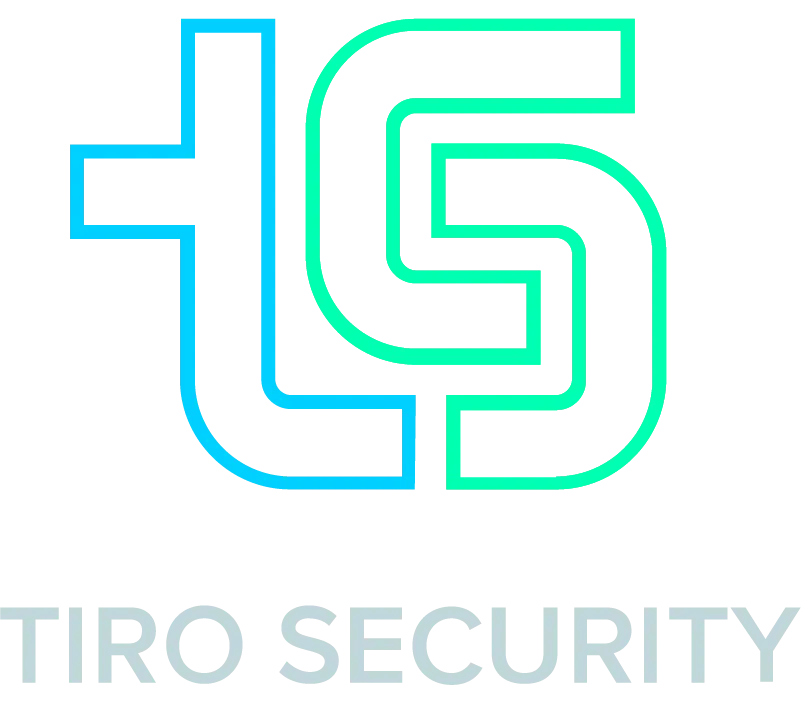And 5 Questions a Blockchain Risk Assessment Must Answer
Blockchain security risks must be mitigated, and those risks are growing daily. Cybercriminals have indeed unlocked the vulnerabilities of what was meant to be the non-hackable technology. The most prominent blockchain hacks have been in the cryptocurrency arena – affecting billions of dollars of assets.
With blockchain being increasingly used in real-world applications, including industrial and financial applications, businesses must ensure that they assess blockchain risks and take steps to mitigate them. It will not be long before deeper regulation makes blockchain risk assessments mandatory, and being ahead of the game will pay dividends.
Why Businesses Use Blockchain
Data security is crucial in today’s business world, and blockchain technology helps secure your data. State-of-the-art cryptography is used on public and private keys, and databases are held on multiple computers. If one server or database fails, your data isn’t lost.
Because transactions take place along immutable blocks of data, there’s an audit trail of each transaction – and the chain can only be completed if most computers within the network verify each public and private key.
Before we look at blockchain vulnerabilities, it’s crucial to understand the difference between private and public blockchains:
- Private blockchain networks are accessed by verification of membership identity, and access privileges can be controlled
- Anyone can access public blockchains and remain anonymous
5 Reasons You Need Blockchain Risk Assessments
If your organization already utilizes blockchain technology or is considering doing so, it’s crucial to be aware of the security risks, which include:
1. Outdated Technology
In the world of blockchain, even technology that is only a year old can be outdated. It’s essential to keep updated with new releases of open-source blockchain code. Few businesses do this constant updating, but it’s crucial to secure your data.
2. Human Integration
We know that your people are at risk from cyberattacks, but the human threat is multiplied with blockchain. To use data in the blockchain environment, a user must possess both the key and the data. If the keys are lost or in the wrong hands, you risk compromising your data.
3. Regulatory Risks
Regulation of blockchain is especially problematic. The technology is decentralized and self-regulated (remember, you need more than 50% of computers to verify a transaction for it to take place). However, because transactions are taking place across borders, you may find that your business violates existing regulations.
4. Third-Party or Cloud Risks
Many businesses that utilize blockchain technology employ third-party applications or cloud computing. Any weaknesses in their systems, networks, and endpoint vulnerabilities could be exploited to gain access to your data.
5. Privacy Risk
If you are using public blockchains, your data will be viewable by everyone within the blockchain. This openness of systems means that highly sensitive information will be open to misuse.
5 Questions a Blockchain Risk Assessment Must Answer
A blockchain risk assessment must help you to determine your vulnerabilities so that you can take action to mitigate them. Therefore, there are many questions that a blockchain risk assessment should answer, including:
- Do those responsible for overseeing your technology have the experience and expertise to maintain your blockchain technology?
- Are adequate controls in place to prevent unauthorized access to public and private keys and sensitive data?
- Are you in compliance with regulations in all environments in which you operate?
- Which third-party risk assessments must you conduct?
- What cyber security policies do you have in place and are they robust enough for the blockchain environment?
The Bottom Line
Because of how it works, blockchain technology is very attractive to many businesses. It promises greater efficiencies, more effective audit trails, and lower costs. But the technology is not risk-free. As we become more aware of this, regulatory bodies are likely to take strides to impose regulations on how blockchain is used and how data is secured within blockchain systems.
Businesses must understand the risks associated with their operations that utilize blockchain technologies. The first step to ensure these risks are adequately mitigated is conducting a comprehensive blockchain risk assessment. To learn what is involved in this and the benefits it can deliver, contact Tiro Security today.
